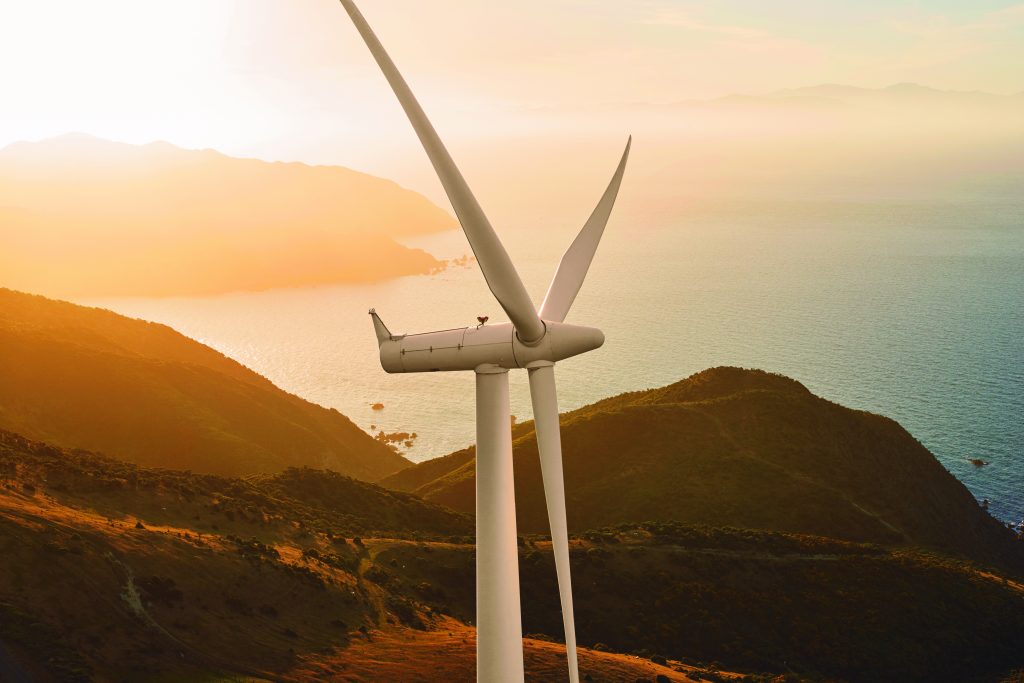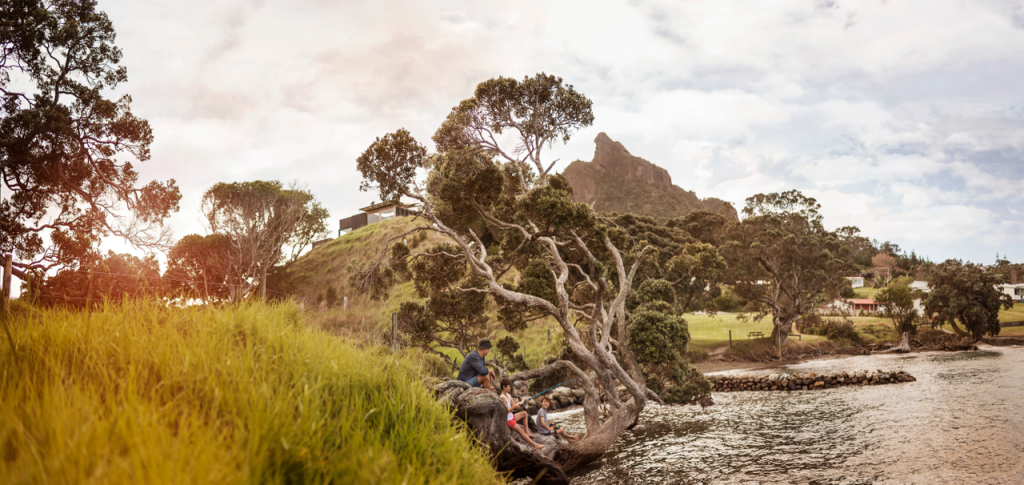New Zealand has a real opportunity to lead the world in sustainable agriculture and food production, according to Vicky Robertson, Secretary for the Environment and Global Women member.
Around the world, food producers are now looking to take the next step in sustainable production and are looking to New Zealand examples for innovation and inspiration.
New Zealand has a reputation for efficient production from its natural environment. Our ability to produce high volumes of protein from free-range dairy herds is well known.
“We have the natural capital, the resources and the people willing to take sustainability to the next level. People are looking at New Zealand to be the leader – it’s ours to lose.

As Secretary for the Environment and Chief Executive of the Ministry for the Environment, Vicky Robertson has a statutory responsibility to take the long-term view and provide stewardship of our natural assets.
“I grew up in a typical New Zealand family. We loved our connection with the bush, the sea and the beaches. That natural world was part of my childhood. I understand why it matters so much to so many people.
“Travelling around the country now, when I talk to New Zealanders, whether they are third generation farmers or new New Zealanders, what I hear is not so much the technical issues of water management or climate change or property rights.
“For most people it is local and visceral. For example, people today worry about the state of their local river and if it’s going to be safe for their grandchildren to swim in.”
Vicky says our collective view of our natural world is a core part of what makes us Kiwis. What is happening to our environment is fast becoming a hot topic for all New Zealanders, including recent arrivals.
“It feels real and difficult and challenging. I get a real sense that the overall mood, whether it is the individual, the corporate or the public sector, is changing. People are grasping for simple and easy things that they can do.”
A good recent example has been the wholesale adoption by New Zealanders of reusable shopping bags and the rejection of single-use plastic bags.
“To be honest, we didn’t place plastic bag use in the top ten of environmental issues facing New Zealand. But New Zealanders have latched onto this behavioural change quickly because they have control over it, and, as individuals, they can make a difference.”
The change to reusable shopping bags was partly possible because supermarket operators, through regular surveys, were alert to customers’ changing views and acceptance of a ban on single-use plastic bags.
Vicky says she has noticed a big shift in thinking in the business sector. The formation of the Climate Leaders Coalition and moves by big businesses to become carbon neutral are all signs that business leaders are taking action around environmental issues and understand that doing the right thing for the environment is not only good for the planet but also for business.

Sustainable development is not just about the built and natural environment. The principles of sustainability apply equally to social and economic issues.
Vicky admits that having an all female senior leadership team at the Ministry of Environment was not exactly planned (her one male senior executive recently left) but she is quite comfortable with the current line-up.
“Ever since I have been in leadership and hiring roles, I have unashamedly brought women up into more senior roles.
“It hasn’t always been easy. When I worked at Treasury there was a policy that you had to be a full-time employee to be a manager and, of course, that just cut out new mothers. That has changed now, but we have to work hard to get rid of the barriers. It takes a lot of leadership.
“It’s important also to understand that gender balance doesn’t necessarily change the status quo. Once you have arrived at the top table you can, as a women, still be marginalised. And the number of Maori, Pasifika and other groups is still poorly represented.
“So we need to keep focusing on inclusiveness and make sure our voices are heard.”